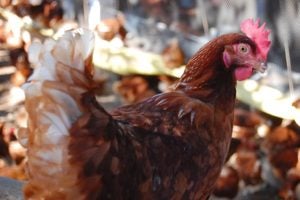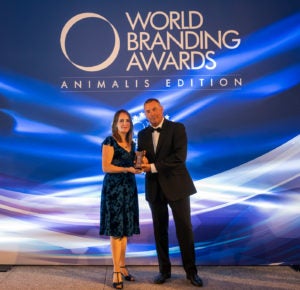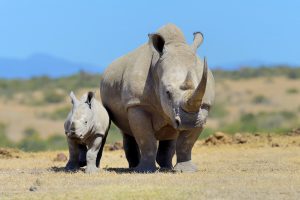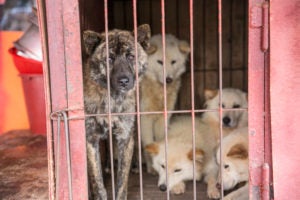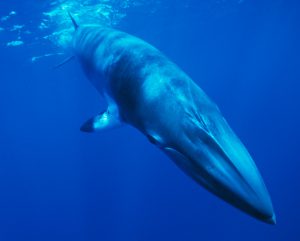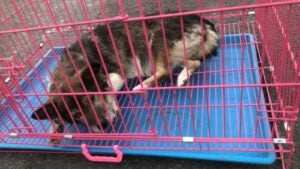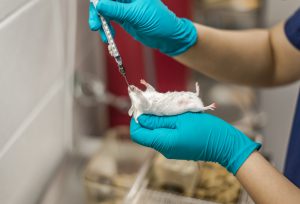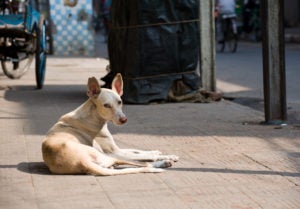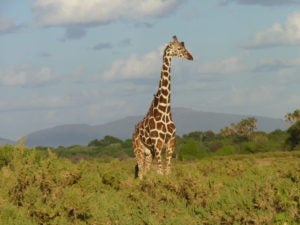
WASHINGTON—Highlighting the need for global action to fight giraffes’ silent extinction, a body of scientific experts today declared giraffes in Kenya and Tanzania — called Masai giraffes — endangered.
Masai giraffes, one of nine giraffe subspecies, had long been considered a key population for the species. But today’s assessment by the International Union for the Conservation of Nature finds that these majestic animals are profoundly threatened by illegal hunting and land-use changes. The subspecies’ population has fallen by an estimated 49 percent to 51 percent in the past 30 years.
Adam Peyman, wildlife programs and operations manager for Humane Society International, said, “Masai giraffes have long had a robust wild population. An endangered assessment is an eye opener that signals the critical need for giraffe protections.”
Africa’s overall giraffe population has declined by up to 40 percent over the past 30 years. The species was assessed as “vulnerable” to extinction by the IUCN in 2016. That assessment was confirmed in 2018, and Masai giraffe now join reticulated giraffes as endangered; two other giraffe subspecies are critically endangered.
A proposal by several African nations to regulate giraffe trade will be discussed at a meeting of CITES, the Convention on International Trade in Endangered Species of Wild Fauna and Flora, next month in Geneva. The proposal has been put forward by the Central African Republic, Chad, Kenya, Mali, Niger and Senegal, and is supported by the 32 African nation members of the African Elephant Coalition.
Tanya Sanerib, international legal director at the Center for Biological Diversity, said, “This shocking news about Masai giraffes is a call to action from prominent scientists. The international community needs to give giraffes the protection from exploitation that they so desperately need. We have to regulate the international giraffe trade or risk losing one of our planet’s most remarkable animals.”
While giraffe populations continue to wane, the species has become common in the wildlife trade. A Humane Society International report shows that the United States imported nearly 40,000 giraffe specimens between 2006 and 2015, in the form of hunting trophies, decoration items and knife handles, in addition to large shipments of live animals. The European Union is also a key consumer of giraffe products; online research detailed in the proposal records over 300 giraffe products for sale by sellers based in seven EU countries: Belgium, France, Germany, Greece, Italy, Spain and the United Kingdom. The CITES listing proposal would regulate the giraffe trade for the first time.
With a recent international report having found that one million species face extinction due to human activity, it is critical to ensure that exploitation does not contribute to further declines, including that of giraffes.
END
Media contacts:
- Tanya Sanerib, Center for Biological Diversity, (206) 379-7363, tsanerib@biologicaldiversity.org
- Wendy Higgins, Humane Society International, (UK) +44 (0) 7989 972 423, whiggins@hsi.org
The Center for Biological Diversity is a national, nonprofit conservation organization with more than 1.4 million members and online activists dedicated to the protection of endangered species and wild places.
Humane Society International and its partner organizations together constitute one of the world’s largest animal protection organizations. For more than 25 years, HSI has been working for the protection of all animals through the use of science, advocacy, education and hands on programs. Celebrating animals and confronting cruelty worldwide — on the Web at hsi.org.

